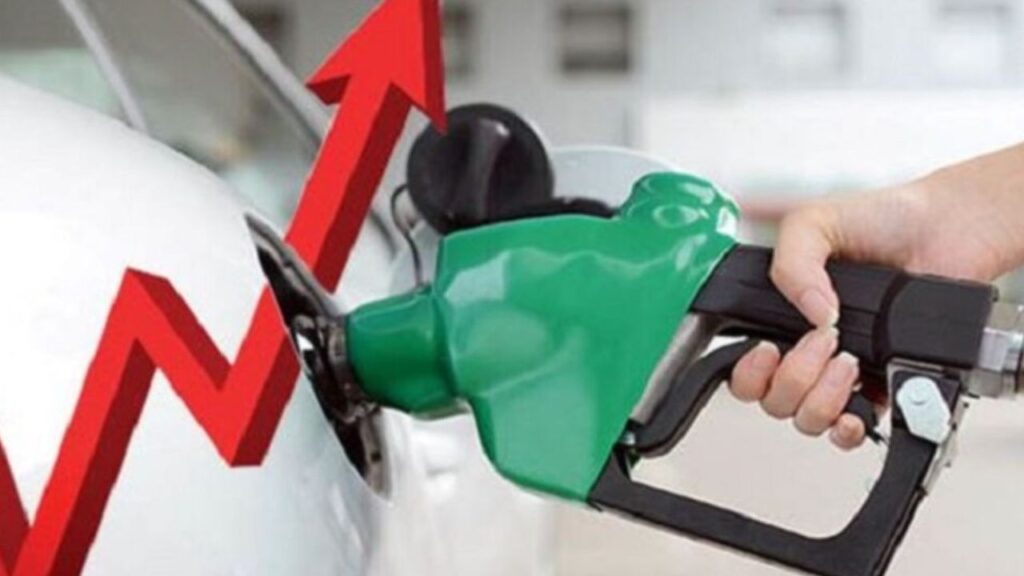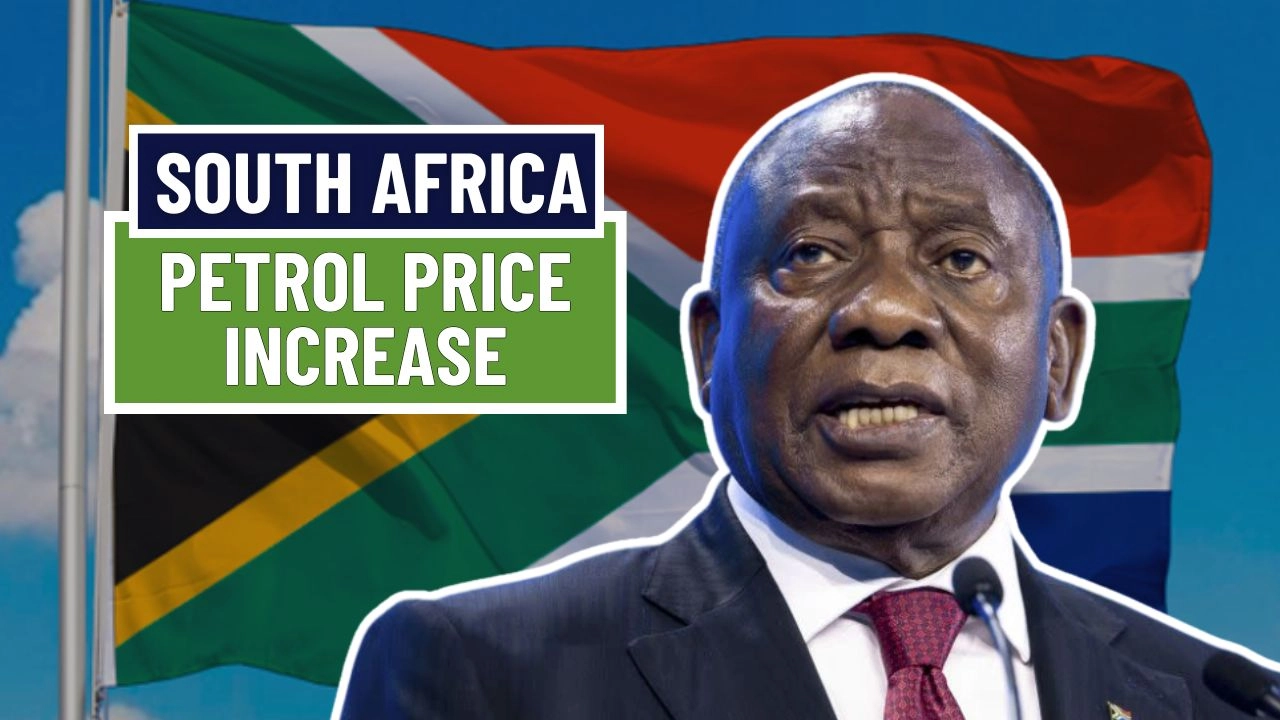As June 2025 approaches, South African consumers are set to face yet another rise in fuel prices, intensifying financial pressure already felt across households and businesses. The Department of Mineral Resources and Energy (DMRE) has officially announced that the revised fuel prices will take effect from Wednesday, 5 June 2025. The increase follows a series of volatile fluctuations observed since the beginning of the year, with both international markets and domestic economic factors playing a role.
New Petrol and Diesel Rates for June: What Drivers Can Expect
The upcoming adjustment affects different grades of petrol and diesel, with prices varying slightly between inland and coastal regions. However, regardless of location, the direction is clear fuel costs are moving upward. Starting from early June, the coastal price for 93 octane petrol will be R24.22 per litre, while inland residents will pay R24.88. For 95 octane petrol, the coastal rate rises to R24.54, and inland pricing reaches R25.20 per litre. Diesel, both 50ppm and 500ppm grades, will also increase, climbing as high as R23.50 inland. On average, the hike amounts to 48 cents per litre for petrol and up to 30 cents for diesel when compared to May.
Factors Driving the Price Hike in Mid-2025
The rise in fuel prices can be attributed to a combination of international and local influences. One of the major contributing factors is the price of Brent crude oil, which has surpassed $90 per barrel due to ongoing geopolitical instability in the Middle East and reduced output from OPEC+ countries. Additionally, the depreciation of the South African rand, which now sits around R18.85 to the US dollar, has intensified the cost of fuel imports. Since crude oil is priced in US dollars, any weakening of the rand directly translates to higher costs at the pump.
Domestic Levies and Global Demand Further Influence Prices
In addition to currency and oil price fluctuations, government-imposed levies such as the General Fuel Levy and the Road Accident Fund levy continue to make up a large portion of the final pump price. These unavoidable costs remain unchanged and add a consistent burden to each litre sold. Furthermore, the seasonal surge in demand for fuel in the Northern Hemisphere typical during summer travel periods has added global pressure, pushing prices even higher for local consumers.
Ripple Effects Across the Economy: Daily Costs to Rise

The impact of this fuel price increase extends well beyond individual motorists. Rising transport costs are expected to affect various sectors. Minibus taxi associations have already indicated that fare hikes may be implemented by mid-June to offset their increased fuel expenditure. For everyday commuters, this would mean higher transportation costs during an already strained economic period. Additionally, logistics companies are projecting increases in freight charges, potentially resulting in more expensive goods on supermarket shelves.
Small Businesses Brace for Operational Strain
Smaller enterprises, especially those reliant on transportation or delivery services, are likely to feel the pressure of increased fuel costs almost immediately. Many are already operating with narrow profit margins, and the additional financial burden may force some to revise their pricing structures or find ways to absorb costs internally. Either approach places further strain on the resilience of local businesses already navigating inflation and inconsistent supply chains.
Limited Immediate Relief from Authorities
While the government has acknowledged growing public concern, its ability to intervene in the short term remains constrained. The Department of Energy is currently reviewing the existing fuel pricing framework, but any proposed changes are unlikely to take effect soon enough to offset June’s increases. Analysts suggest that a notable drop in global oil prices or a significant recovery in the rand would be required to ease future fuel costs, but these factors are difficult to predict with certainty.
Looking Ahead: What Consumers Should Consider
Given the persistent trend of rising fuel prices, industry experts advise consumers to adopt fuel-saving habits and consider the long-term benefits of more fuel-efficient vehicles. Monitoring monthly fuel announcements and planning budgets accordingly will be key strategies for South Africans navigating the months ahead. While the global nature of fuel pricing means local relief may be limited, personal adjustments can still help mitigate some of the financial impact.
Final Reflections on June’s Fuel Price Shift
The fuel price increase scheduled for 5 June 2025 marks yet another chapter in a year marked by economic challenges. South Africans must now prepare for heightened transportation costs that are likely to influence everything from travel to grocery shopping. Though driven largely by international trends, the domestic consequences are unavoidable. In the face of these changes, proactive financial planning and awareness remain crucial tools for individuals and businesses striving to maintain stability in uncertain times.


